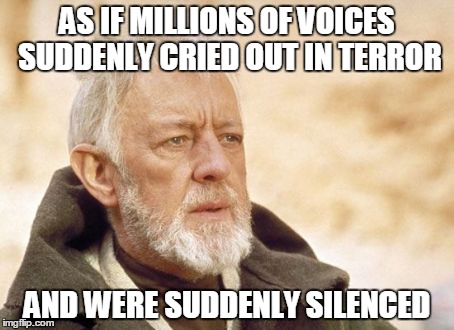Guy V
Member
I am not a Tesla apologist here, but I think that's more on the order of these batteries are not holding up as well as they thought they were and appeared to be for the first few years. The total loss of capacity we are seeing is still within the range of expectations early on. As I recall there was speculation of as much as 5% loss per year, and everyone was delighted when it looked like it was much less than that.Yes. They are all somehow connected. Aggressive regen limits, voltage capping, 36kw charging at 50% Soc and loss of power, all point to one direction: these batteries are not holding up as they were supposed to.
I am as disappointed as anyone that the bubble was popped suddenly for some of us, but early buyers at least shouldn't be shocked at this level of capacity after 5 or 6 years. Later purchasers, after the glowing reports of capacity retention which Tesla certainly did nothing to temper, have more reason to feel dissatisfied.
Still, this does not mitigate Tesla's failure to transparently communicate what is going on here, and what if anything they plan to do to fix or ameliorate the situation for those affected. Their repeated statements that nothing is wrong, that everything is "normal" with the affected battery packs even while contradictorily claiming it is only a small percentage is enough to infuriate.
What they owe us is an explanation and a cost-effective battery refurbishment/replacement option, one that doesn't cost as much as the street value of the used vehicles. While we weren't promised a specific capacity loss projection at the start, we were told that Tesla would always be forthright with us, uphold our interests and that we could expect a reasonable cost battery exchange program when we needed it.
It is promising that original Roadster owners are finally receiving some attention again; perhaps a turn will eventually come for early Model S adopters. Of course, cynically, one might think they are just warming them up in anticipation of Roadster II, but then first wave Model S buyers are probably a lucrative demographic worth some cultivating as well.



